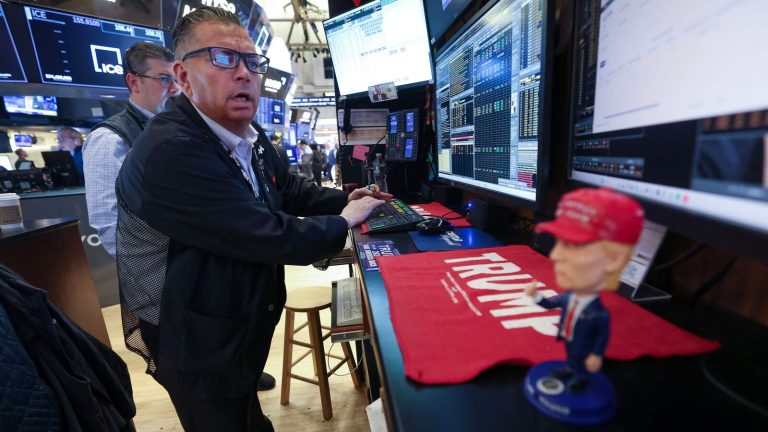The Donald Trump-led United States government’s decision to impose new licensing requirements for chips exported to China could cost semiconductor majors such as Nvidia and AMD, worth billions, as per reports.
Nvidia’s H20 chips and AMD’s MI308 artificial intelligence (AI) chips, and other equivalent options are likely to be hit hard once the US Commerce Department formally issues its notice.
Speaking to Reuters, a spokesperson said the US Commerce Department is “committed to acting on the President’s directive to safeguard our national and economic security”.
How Much Will This Cost Nvidia?
The Trump administration policy change could cost Nvidia “billions of dollars” on a product that was designed to comply with older restrictions, according to a Bloomberg report.
In its filing with the exchanges, Nvidia on April 15 said that if implemented the move would cost the AI chip maker over $5.5 billion in charges — largely from limits placed on its H20 AI chip exports to China, it added.
As per the filing, the US government informed Nvidia of the development on April 14.
What Are the Changes in Policy?
The government informed Nvidia on Monday that the H20 would require a license to export to China “for the indefinite future,” the company said in a regulatory filing Tuesday. Officials said that the new rules address concerns that “the covered products may be used in, or diverted to, a supercomputer in China,” according to the filing.
Nvidia warned that it will report about $5.5 billion in writedowns during the fiscal first quarter from “inventory, purchase commitments and related reserves” tied to the H20 line.
The company’s shares slid about 6% in late trading following the announcement. Advanced Micro Devices Inc., which competes with Nvidia in the AI chip market, slumped as well.
A representative for the White House didn’t immediately respond to a request for comment.
Bloomberg News reported in January that the Trump administration was exploring such a step. Though the H20 can be used to develop and run artificial intelligence software and services, it’s a scaled-down product specifically designed not to be too powerful.
The H20 had allowed the company to continue serving the market for data center AI chips in that country, though the product isn’t as fast as Nvidia’s non-China offerings for the training of models. It was better-suited to the inference stage — the point where the AI model recognizes patterns and draws conclusions.
Now it’s also seen as potentially too risky to export to China, the main US rival in artificial intelligence and the top target of President Donald Trump’s growing trade war.
Nvidia has argued that further tightening restrictions will only reinforce China’s determination to make itself independent of US technology and that the clampdown will weaken American companies.
Nvidia’s writedown suggests that the company may miss out on $14 billion to $18 billion in revenue for the year, Bloomberg Intelligence analysts Kunjan Sobhani and Oscar Hernandez Tejada said in a note. “If restrictions persist, Nvidia’s data-center exposure to China could normalize to low- to mid-single digits, similar to early 2024 levels,” they said. That was before production of the H20 ramped up.
The new restrictions follow a National Public Radio report that Trump had backed off from pursuing the H20 controls, in exchange for Nvidia investing in AI data centers. The company just announced that it would build up to $500 billion worth of AI infrastructure in the US over the next four years, a figure that includes plans that were already underway.
The battle over limits on chip exports has raged on for years. US officials first barred Nvidia and other AI chipmakers from selling their most advanced models to China in October 2022, over concerns that the technology could give Beijing a military edge. Since then, the China controls have ballooned to include an increasingly large set of semiconductor manufacturing tools, as well as a wider range of both processors and high-bandwidth memory chips, which are essential for AI applications.
In addition to capturing a growing set of technologies, the Biden administration also expanded the geographic scope of the AI chip measures — first to some 40 countries that officials worried were providing a backdoor for Chinese firms to access banned chips, and then, in President Joe Biden’s last week, to the entire world. Trump officials have indicated that they want to strengthen and streamline that global framework.
The latest rules for Nvidia are a sign that the Trump administration will stay the course on the US government’s approach to Chinese tech development. They follow earlier sanctions on dozens of Chinese firms that Trump officials allege are aiding Beijing’s military tech efforts.
(With inputs from Agencies)


